Keywords: Coal
There are more than 200 results, only the first 200 are displayed here.
-
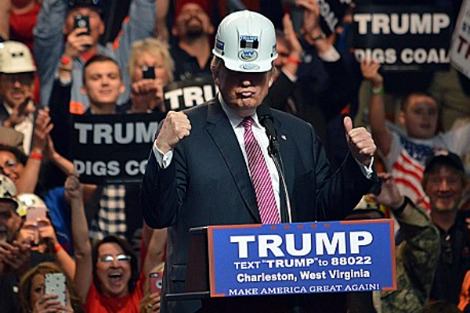
INTERNATIONAL
- Fatima Measham
- 30 March 2017
5 Comments
This week, Trump signed the Energy Independence executive order, which amounts to open slather for oil drilling and coal companies. It turns off policy settings made under Obama, including a moratorium on coal leases on federal land and methane emissions limits in oil and gas production. It's a colossal setback, though it could play well in coal country. While Trump may declare he is '(cancelling) job-killing regulations', people will eventually find it is not emissions-related regulation that is killing jobs.
READ MORE 
-
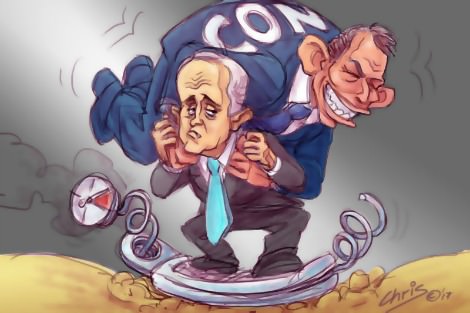
AUSTRALIA
- John Warhurst
- 03 March 2017
18 Comments
Two irreconcilable views of the ideological position of the Turnbull government are now in circulation. One, held by those who once had high hopes that Malcolm Turnbull would lead a small l liberal government, is that the Coalition clearly is conservative. The other, advanced by South Australian Senator Cory Bernardi when he deserted the ship to form the Australian Conservatives, is that the Turnbull government is not conservative enough, maybe not even conservative at all. Both views can't be right.
READ MORE 
-
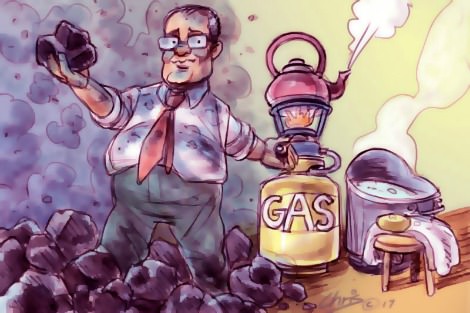
ENVIRONMENT
- Greg Foyster
- 23 February 2017
10 Comments
Australia's most politically contentious rock is back in the limelight after Prime Minister Turnbull spruiked 'clean coal' power stations in early February, and Scott Morrison brought a lump of the stuff to parliament. It was a juvenile act, but an effective one: here we are again, still talking about coal weeks later, when the real energy policy battle is over gas. But that's how it goes - a pitch for a new coal-fired power station in Australia is actually a clever exercise in repositioning gas as a greener fuel.
READ MORE 
-
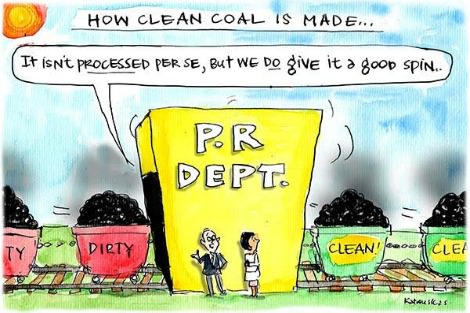
CARTOON
- Fiona Katauskas
- 22 February 2017
4 Comments
This week's offering from Eureka Street's award winning political cartoonist.
READ MORE 
-

AUSTRALIA
- Fatima Measham
- 16 February 2017
9 Comments
There's not enough jobs because foreigners are stealing them. Wages aren't going up because foreigners drag them down. Graduates aren't finding positions because skilled worker visas are being given out too easily. Such answers are potent in pockets of Australian society that would rather blame outsiders than demand their government create new jobs, lift the minimum wage, improve work conditions and training, and mediate skills transfers from industries that are contracting, such as mining.
READ MORE 
-
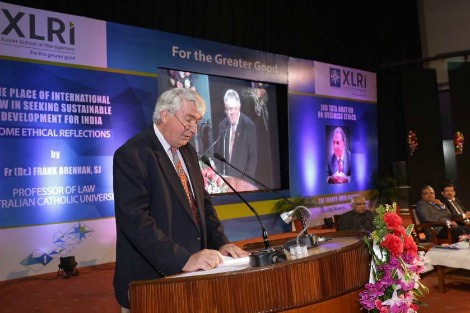
ENVIRONMENT
- Frank Brennan
- 02 December 2016
9 Comments
Neither India nor Australia can go it alone when confronting a global issue such as climate change. India cannot disregard the effects on other nations when it adopts laws and policies for alleviating the poverty of the poorest of the poor. Australia cannot disregard the effects on other nations when it considers restricting the availability of resources for export such as coal which might help provide electricity for the world's poorest citizens.
READ MORE 
-

ENVIRONMENT
- Frank Brennan
- 28 November 2016
'No matter what the economic, political and legal problems confronted by modern day India, our response can be improved by an application of the key principles and norms developed in the international law of trade and human rights, helping to enunciate the realm of law, regulation and political accountability, enhancing public scrutiny providing the right environment for doing business.' Frank Brennan presents the 25th JRD Tata Oration, Xavier School of Management, Jamshedpur, India, 26 November 2016.
READ MORE
-
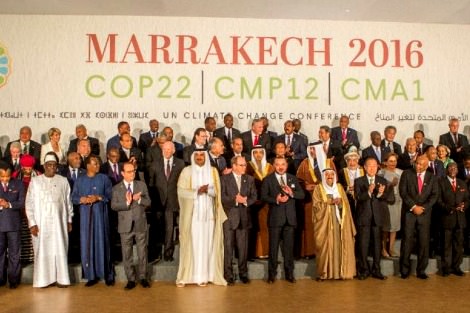
ENVIRONMENT
- Thea Ormerod
- 17 November 2016
9 Comments
The evangelical Christian vote no doubt assisted the climate-denying Trump to his election victory, yet it is remarkable how out-of-step it is with the general view of faith communities globally. This view was made abundantly clear the day after Trump's victory on 10 November, with the release of an Interfaith Statement in Marrakech, Morocco, and it should stand as a challenge to those in public life who continue to block climate action.
READ MORE 
-
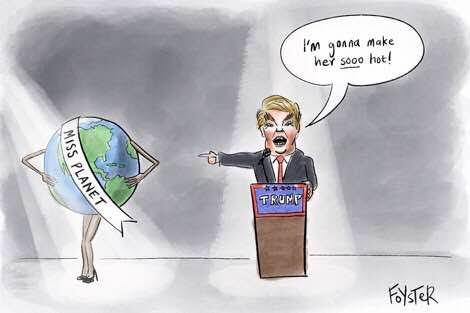
ENVIRONMENT
- Greg Foyster
- 17 November 2016
5 Comments
Here we go again. Just a few days after the historic Paris Agreement on climate change entered force, another Republican climate denier has snatched the White House. Donald Trump isn't just a closet sceptic, paying lip-service to climate change while doing nothing about it. He's an out-and-proud conspiracy theorist. All signs point to the US returning to its role as international climate saboteur, and for much the same reasons: Republican paranoia over the economic rise of China.
READ MORE 
-

INTERNATIONAL
- Irfan Yusuf
- 15 November 2016
8 Comments
Cultural totalitarianism, embodied in Trump in the US and Hanson in Australia, is a major injustice of our age. To fight it effectively, we have to enter into coalitions with those whose opinions we otherwise find distasteful. An anti-racism rally with only leftwing speakers is not going to make as big an impact as one with speakers across the spectrum. To insist the fight against racism is necessarily a leftwing issue is in some ways its own form of cultural bigotry.
READ MORE 
-
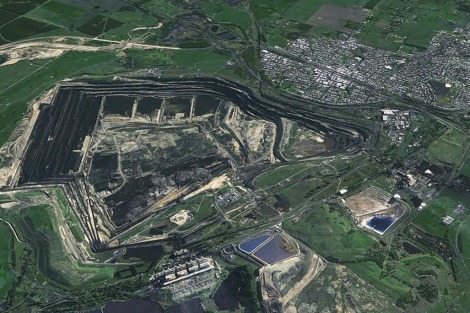
ENVIRONMENT
- Jarni Blakkarly
- 09 November 2016
4 Comments
The death-knell was sounding for Hazelwood long before the announced closure last week. The 50 year old power plant is one of the country's oldest and most inefficient, making it extremely vulnerable to the lower electricity price and supply surplus. As the most polluting power plant per unit of energy produced in the industrialised world, many will be glad to see the power station go. But its closure also flags a rising dilemma, over who bears the cost of the transition to clean energy.
READ MORE 
-
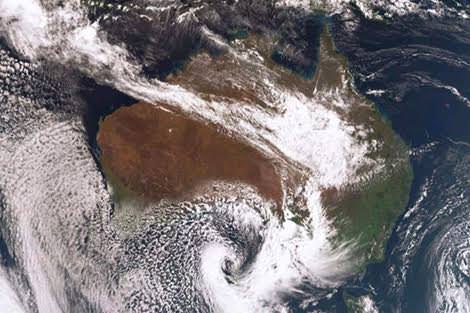
ENVIRONMENT
- Greg Foyster
- 21 October 2016
10 Comments
On 28 September an extreme storm lashed South Australia and the entire state lost power. How could this have happened? It's a question that has occupied the country for the last three weeks as politicians and commentators have peddled their unqualified opinions in an escalating culture war about the role of renewable energy. No one really knew what had happened until Wednesday this week, when the AEMO released its updated report. Even now, there are more questions than answers.
READ MORE 